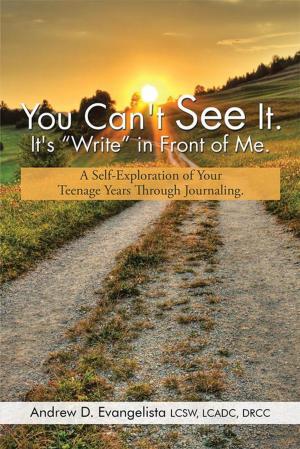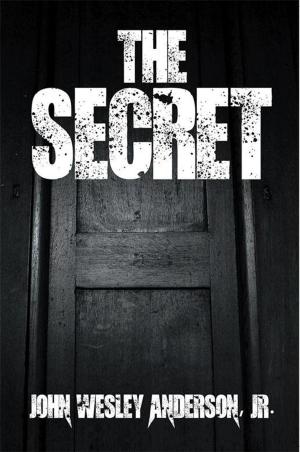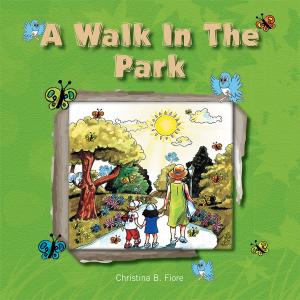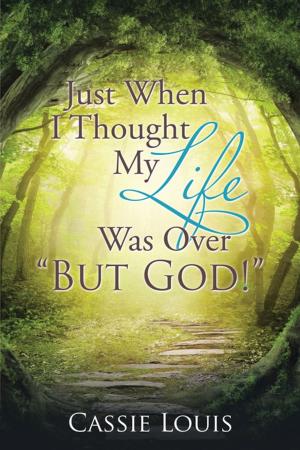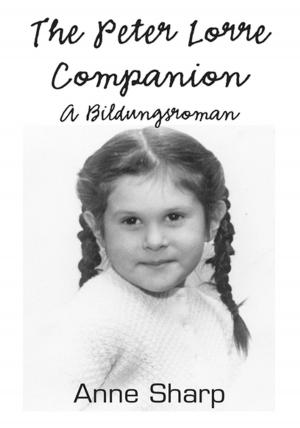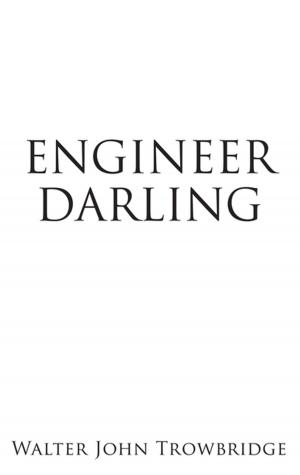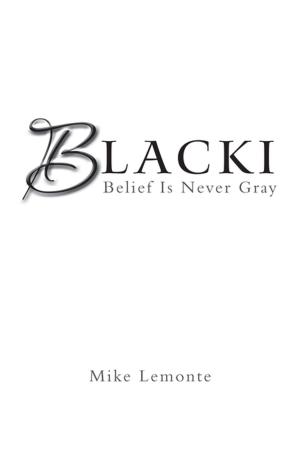While There's Time
Conservatism and Individualism in Education
Nonfiction, Reference & Language, Education & Teaching| Author: | Robert Griffin | ISBN: | 9781465320834 |
| Publisher: | Xlibris US | Publication: | August 24, 2005 |
| Imprint: | Xlibris US | Language: | English |
| Author: | Robert Griffin |
| ISBN: | 9781465320834 |
| Publisher: | Xlibris US |
| Publication: | August 24, 2005 |
| Imprint: | Xlibris US |
| Language: | English |
When I refer to schools in the five essays on education that comprise While Theres Time, I have elementary and secondary schools in mind. I approached this writing from the perspective of an insider, so to speak, as I have worked extensively in the field of education, first as a high school teacher and now as a professor of education in a university. These essays were prompted by dissatisfaction and a desire. Increasingly over the last few years, I have felt uncomfortable with the conventional wisdom in my field about how students ought to be educated. It just didn't set right with me. Labels vary for the mainstream thinking in the profession, but let's call it a progressive or neo-Deweyian (after the philosopher John Dewey) approach. Some might refer to it simply as modern education. Even though its advocates marshal compelling arguments in support of this set of ideas and practices (what they are will be spelled out in the essays), I was finding in my work in schools that it wasn't getting good enough results with students in the classroom, and that in any case it simply didn't fit me as a person or as a professional: my values, my hopes for schools and students and this society. So I felt an inner push to find an educational orientation that I could believe in more than the one that currently dominates in the field of education to the point that it could be called an orthodoxy, or at least find something that complements it, adds to it. These essays represent the results of my quest. I have concluded that the philosophical orientations that we most need to affirm and employ as bases for constructing school programs in our time are the very ones which are most often dismissed by professional educators, namely, conservatism and individualism. In these essays, I go into the specifics of conservative and libertarian orientations to education, explore what all the talk about teaching democracy in the schools is about, contrast sports and schools as settings, and use the concept of personal authenticity in a discussion of the work of teaching. What holds these five essays together is that they all are grounded in a conservative rather than liberal and individual-centered rather than collectivist frame of reference. These essays are self-contained enough to be read out of order, although I did line them up in the way that I think best presents my argument. I hope what I offer here informs the debate in this country over the best route to take in educating our children. I wrote this book with both general readers and professional educators in mind. For general readers, I hope what is here will provide them with a better understanding of how professional educators come at their work, and thereby enable them to deal with school people more effectively and give them some things they can take into account when determining what ought to go on in their children's education, or in schools generally. For people in the profession who read this book--teachers and administrators, those in training to become teachers, and so on--I believe these writings will provide them with a clearer understanding of the predominant thinking in their field; a good way to understand anything is to compare it with something that contrasts with it. I would presume, and hope, that for some educators and educators-to-be this book will provide them with ideas they can use to guide their work. Much of what follows is expressed in the first person. I thought that if I brought myself into this book it would encourage readers to bring themselves into it. I would like readers to see these writings as my half of a conversation. I want them to respond critically to what I have written and extend it, take it farther than I have been able to--and I don't think they have to be active in the field of education to be able to do that. I want readers to decide how, if at all, what I write changes the way they look at things, and what they a
When I refer to schools in the five essays on education that comprise While Theres Time, I have elementary and secondary schools in mind. I approached this writing from the perspective of an insider, so to speak, as I have worked extensively in the field of education, first as a high school teacher and now as a professor of education in a university. These essays were prompted by dissatisfaction and a desire. Increasingly over the last few years, I have felt uncomfortable with the conventional wisdom in my field about how students ought to be educated. It just didn't set right with me. Labels vary for the mainstream thinking in the profession, but let's call it a progressive or neo-Deweyian (after the philosopher John Dewey) approach. Some might refer to it simply as modern education. Even though its advocates marshal compelling arguments in support of this set of ideas and practices (what they are will be spelled out in the essays), I was finding in my work in schools that it wasn't getting good enough results with students in the classroom, and that in any case it simply didn't fit me as a person or as a professional: my values, my hopes for schools and students and this society. So I felt an inner push to find an educational orientation that I could believe in more than the one that currently dominates in the field of education to the point that it could be called an orthodoxy, or at least find something that complements it, adds to it. These essays represent the results of my quest. I have concluded that the philosophical orientations that we most need to affirm and employ as bases for constructing school programs in our time are the very ones which are most often dismissed by professional educators, namely, conservatism and individualism. In these essays, I go into the specifics of conservative and libertarian orientations to education, explore what all the talk about teaching democracy in the schools is about, contrast sports and schools as settings, and use the concept of personal authenticity in a discussion of the work of teaching. What holds these five essays together is that they all are grounded in a conservative rather than liberal and individual-centered rather than collectivist frame of reference. These essays are self-contained enough to be read out of order, although I did line them up in the way that I think best presents my argument. I hope what I offer here informs the debate in this country over the best route to take in educating our children. I wrote this book with both general readers and professional educators in mind. For general readers, I hope what is here will provide them with a better understanding of how professional educators come at their work, and thereby enable them to deal with school people more effectively and give them some things they can take into account when determining what ought to go on in their children's education, or in schools generally. For people in the profession who read this book--teachers and administrators, those in training to become teachers, and so on--I believe these writings will provide them with a clearer understanding of the predominant thinking in their field; a good way to understand anything is to compare it with something that contrasts with it. I would presume, and hope, that for some educators and educators-to-be this book will provide them with ideas they can use to guide their work. Much of what follows is expressed in the first person. I thought that if I brought myself into this book it would encourage readers to bring themselves into it. I would like readers to see these writings as my half of a conversation. I want them to respond critically to what I have written and extend it, take it farther than I have been able to--and I don't think they have to be active in the field of education to be able to do that. I want readers to decide how, if at all, what I write changes the way they look at things, and what they a

